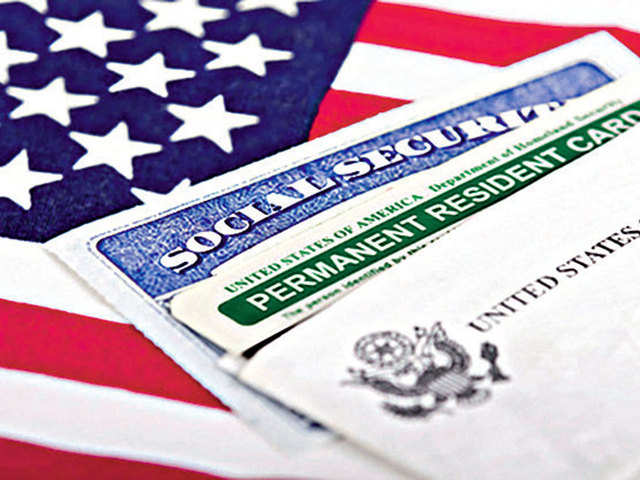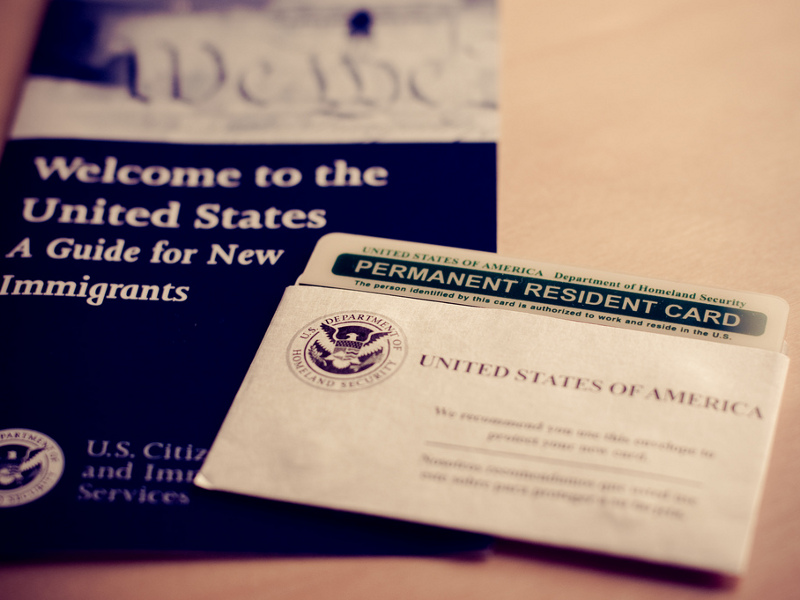India has climbed to No. 7 with 96 applications in 2014 (38 in 2013) and is expected to become the second largest market for EB-5 worldwide given the economic growth and aspiration for the United States.
2014 marks the first year in the 24 years of the EB-5 Programthat saw the number of applications crossing the 10,000 per annum quota.
With over $5 billion raised in 2014, creating and supporting more than 100,000 US Jobs, the Program is gaining fast popularity both in the US as a tool for bringing Foreign Direct Investment and for foreigners looking fast-track to the much sought after – US Green Card.
India has climbed to No. 7 with 96 applications in 2014 (38 in 2013) and is expected to become the second largest market for EB-5 worldwide given the economic growth and aspiration for the United States.
So what is EB-5?
The Employment Based Fifth Preference (EB-5) is an immigration visa category to the United States that was conceived as a route to bring foreign capital to the United States that was expected to stimulate economic activity and create or preserve American jobs. The foreign investor in turn received the opportunity to become a Permanent Resident (or Green Card).
The Program was first introduced in 1990 and the United States Citizenship & Immigration Services (USCIS), is the nodal agency in charge of the Program.
To be eligible, foreigners are required to invest $ 1 million in direct investments or $500,000 in ‘Targeted Employment Areas’ or ‘rural areas’ and then create or preserve 10 jobs for US workers.
Under the Regional CentreProgram, enacted in 1992, investment from foreigners is “pooled” to be invested into larger projects. Projects have to register under the Program and are then approved to accept such investments. The projects generates the jobs that are then allocated to each investor to meet the job creation condition under the Program.
The foreign investor along with spouse and all unmarried children under 21 at the time of application are eligible to receive Green cards under a single application. There are no skills, language or educational requirements. Most importantly, the investor needs to prove the legitimacy of the funds invested.
Once the investor & family is approved, they are free to live, work or study anywhere in the United States and there is no requirement to be at the location of the investment.
Who does it?
EB-5 is most popular with parents who wish their kids to attend college in the US and then seek a permanent life for them over there. Admissions to better universities, access to financial aid and domestic tuition fee, availability of a more work opportunities while in college and more job opportunities upon graduation are just some of the benefits to Resident student’s vs international students. The normal student visa to work permit to green card route takes more than 10 years and is a road filled with many anxieties and lost opportunities for foreigners.
Many investors look to move their families to the US for the better quality of life and prospects that the world’s largest economy has to offer. From healthcare, infrastructure, education and business & work options, the lifestyle in the US is THE most aspired for in the world.
How does it work?
Individual applications are filed upon placement of the $500,000 investment amount is placed in a designated Escrow Account or directly investment into a qualifying project under the Regional Centre Program. The applications, which are filed by immigration attorneys, are adjudicated by the USCIS and usually take 8-12 months to approve. The applicant and all qualified family members are then issued conditional Green cards and can move to the US as they choose.
The investment are returnable in 5 years or less. The project is responsible to fulfil the job creation condition for each investors within the stipulated 2 years and theinvestor files for removal of condition.
So by becoming a passive investor in a larger project, foreigners are able to secure Green Cards by an expeditious route that catapults them to American Green Cards in less than a year and can start to benefit from the status.
Too good to be true! What’s the catch?
The EB-5 Program stipulates that the investment has to be ‘at risk’ and projects cannot guarantee the capital or return on investment. Just like any other investment, the EB-5 investment is also subject to market risks.
With over 300 Regional Centres and over 500 projects to choose from, investment selection is a very challenging given that most foreigners are inadequately equipped to truly evaluate the investment proposals for project viability and EB-5 qualifications as they are in locations and industries that they may not be familiar with. Also, EB-5 is mostly marketed by immigration agents, who stand to be paid a very handsome commission, and who may not be fully competent to understand and elucidate the project details and risks.
Thus the biggest challenge is to select the safest EB-5 investment.
Investors need to be careful to check for the documentation of the project qualifying it under the Program, the backgrounds of the promoters, the business plan and viability of the project. Investors should look to choose projects where there is transparency and accountability, where investor interests are being protected to the maximum possible while keeping in adherence to the USCIS requirement of capital being ‘at risk’. To achieve this, investors should look to work with advisors who are well versed in EB-5 and have in-depth knowledge of the projects and process.
While, in the last couple of years as the Program has become very popular and is drawing billions of dollars of investments, new regulations and oversight mechanisms have been and are being introduced to protect the investors. The Securities & Exchange Commission (SEC), the financial watchdog in the US is taking a keen interest in monitoring the sector and is expected to introduce new norms for the sale of these investments.


